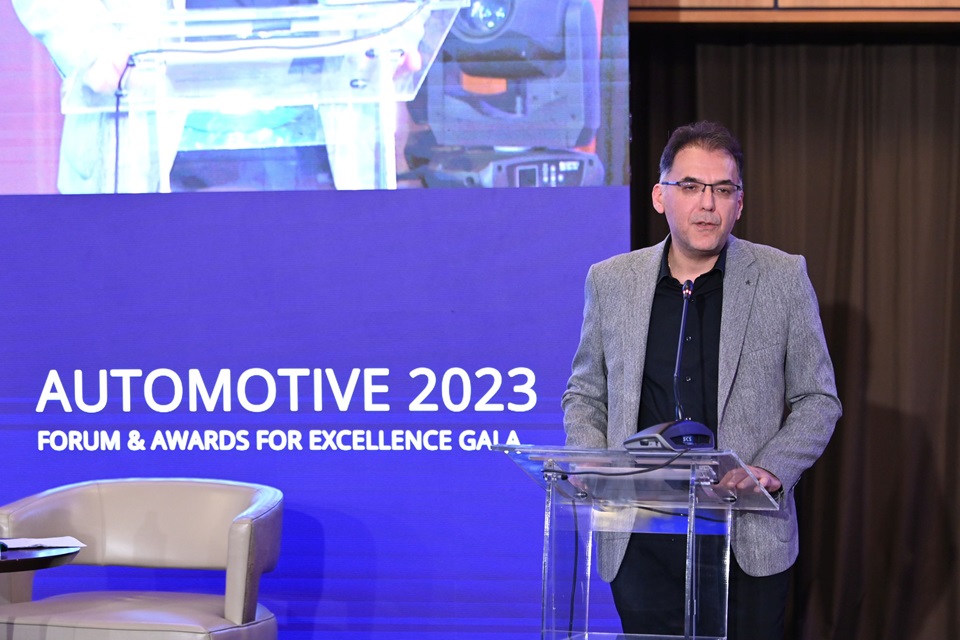Burcin Atakan, Deloitte Romania: “The Corporate Sustainability Due Diligence Directive will have an impact on the automotive industry”

“The Corporate Sustainability Due Diligence Directive sets out a horizontal framework for the fostering of the contribution of businesses to the respect of human rights and the environment in their own operations and through their value chains, by identifying, preventing, mitigating, and accounting for their adverse human rights, and environmental impacts, and having adequate governance management systems and measures in place to this end.
The legislation is being prepared in the EU Parliament and it’s in the review process. It’s very relevant for the automotive sector because this industry is not procuring its services and necessary products locally, but they are buying out from various countries and various jurisdictions. The directive is addressing human rights issues and the environmental issues within the company and in its supply chain,” Burcin Atakan, Financial Advisory Partner, Deloitte Romania said during Automotive 2023 Forum organized by Automotive Today and The Diplomat-Bucharest.
“The directive is still in the first reading stage, with the aim of adopting it in 2024. Member states shall be obliged to transpose the Directive within 2 years from its entry into force. To whom does it apply? There are two groups of companies:
Group 1: limited liability companies with 500+ employees (on average) and 150+ million Euro in net turnover worldwide
Group 2: limited liability companies operating on high impact sectors, with 250+ employees (on average) and 40+ million Euro in net turnover worldwide (with at least 50 percent of the turnover generated in one of the high impact sectors).
Companies shall integrate due diligence into all their corporate policies and have in place a due diligence policy. The due diligence policy shall contain the following:
a) a description of the company’s approach, including in the long term, to due diligence.
b) a code of conduct describing rules and principles to be followed by the company’s employees and subsidiaries.
c) a description of the processes put in place to implement due diligence, including the measures taken to verify compliance with the code of conduct and to extend its application to established business relationships.
Companies shall carry out periodic assessments of their own operations and measures, those of their subsidiaries and, where related to the value chains of the company, those of their established business relationship, to monitor the effectiveness of the identification, prevention, mitigation, bringing to an end and minimisation of the extent of human rights and environmental adverse impacts. These are to be carried out every 12 months or whenever necessary.
Companies with over 500 employees and a turnover of over 150 million Euro shall adopt a plan to ensure that the business model and strategy of the company are compatible with the transition to a sustainable economy and with the limiting of global warming to 1.5 degrees Celsius in line with the Paris Agreement. This plan shall identify the extent to which climate change is a risk for, or an impact of, the company’s operations.”
Full recording of the conference: https://www.youtube.com/watch?v=9P1kYtDifKc


















